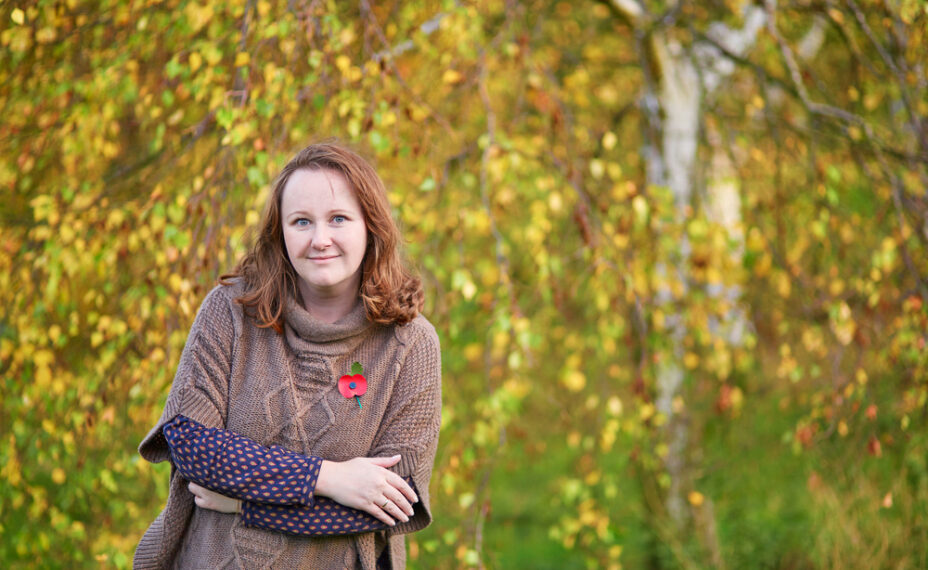Online Therapy for Social Anxiety Disorder
What is social anxiety disorder?
Social Anxiety Disorder (SAD), also termed ‘social phobia’, is a type of anxiety disorder characterised by an overwhelming fear of social situations. Social anxiety is more than being simply shy. Central to SAD is a fear of social situations that does not go away and affects everyday activities, self-confidence, relationships and work or school life. Many individuals occasionally worry about social situations, but someone with SAD will be overly worried before, during and after entering social situations.
Examples of social situations an individual with social anxiety might find challenging include:
- Meeting new people
- Making and taking phone calls
- Asking for help in public spaces
- Dating
- Participating in an interview
Social anxiety disorder is a common mental health condition that can affect anyone. Symptoms of social anxiety usually start during later childhood and early teenage years.

What are the symptoms of social anxiety?
The main symptom of social anxiety is the ongoing fear of being negatively judged, watched, and embarrassed during social situations. Social anxiety can manifest in a range of symptoms:
- Blushing, sweating, and shaking
- Having an increased heart rate during social situations
- Feeling nauseous during social situations
- Having a stiff posture when around other people
- Avoiding eye contact when interacting with other people
- Feeling self-conscious, awkward, or embarrassed when around other people
- Avoiding social activities and situations, like parties and eating with other people
- Finding it difficult to do things when other people are watching
- Being unsure of what to say to people in social situations

When to seek treatment for social anxiety disorder
- Generalised Anxiety Disorder (GAD)
- Panic disorders
- Health anxiety
- Performance anxiety
Our online cognitive behavioural therapy (CBT) services are used to treat social anxiety disorder, as there is a good evidence base to suggest this is one of the most effective treatments available.
It also offers powerful tools, strategies, and techniques to identify, challenge, and reframe unhelpful thought patterns and associated feelings and behaviours, helping to significantly improve mental health and quality of life.
CBT can help you recognise and change challenging thoughts and behaviours so you can approach social situations with a new perspective and improved confidence.
Looking for support with social anxiety? Contact Onebright today to find out more about how we can help you treat and manage your social anxiety.
You must be aged 18 years or above to access our therapy services.
Social anxiety disorder FAQs
- A hyperactive nervous system
- Decreased levels of serotonin
- Childhood trauma
- Hypercritical parenting style
- Family history of social anxiety
- Introverted, shy personality
- Sweating
- Increased heart rate and heart palpitations
- Nausea
- Shaking
- Feeling tense and stiff
- Shortness of breath
If your social anxiety is continuing to affect your everyday life, you might want to consider professional treatment. Cognitive behavioural therapy is an effective social anxiety treatment as it teaches strategies for identifying and changing negative thought patterns and behaviours. In certain cases, a health professional might also prescribe you medication to help you cope with anxiety.
- Attending parties and social gatherings
- Going to work or school
- Talking to people they are unfamiliar with
- Approaching people and starting a conversation
- Entering a room where people are already seated and gathered
- Making eye contact
- Dating
- Eating in front of people
- Talking on the phone
- Engaging with people in public spaces, like in shops or restaurants
- Participating in an interview

